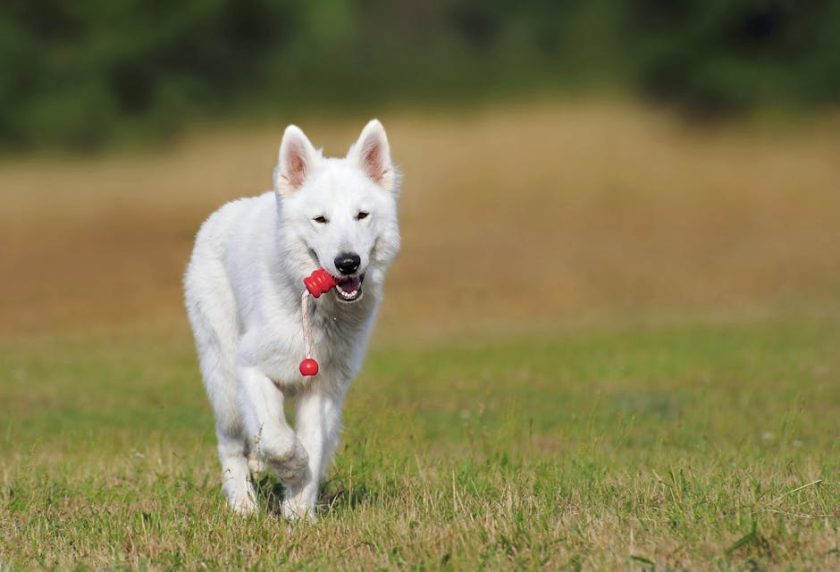Dogs are esteemed companions that bring boundless joy and loyalty into our lives. However, training them is crucial to ensure a harmonious and well-behaved relationship. Embark on this comprehensive guide to dog training, where you'll discover essential tips, techniques, and strategies to transform your canine friend into an obedient and thriving member of your family.
**Establish a Strong Bond**
The foundation of successful dog training lies in fostering a strong bond with your furry companion. Spend quality time with your dog, engaging in interactive activities like walks, playtime, and cuddles. This will create a sense of trust and respect, making them more receptive to training.
**Start Early and Be Consistent**
Begin training your puppy as early as possible, ideally around 8 weeks of age. Consistency is paramount in dog training. Establish clear rules and expectations, and stick to them diligently. Repeat commands and exercises regularly to reinforce desired behaviors.
**Positive Reinforcement: The Power of Rewards**
Positive reinforcement is a cornerstone technique in dog training. Reward your dog with treats, praise, or play whenever they exhibit desirable behaviors. This will encourage them to repeat those actions and associate them with positive outcomes. Avoid physical punishment or harsh methods, as they can damage your relationship with your dog and hinder progress.
**Set Realistic Goals and Break Down Tasks**
Start with simple commands like "sit," "stay," and "come." Gradually introduce new commands and increase the level of difficulty as your dog progresses. Breaking down complex tasks into smaller, manageable steps makes training more effective and less overwhelming for both you and your dog.
**Use Hand Signals and Verbal Cues**
Pair hand signals with verbal cues to enhance communication with your dog. For instance, use a hand signal to indicate "sit" while saying the command aloud. This multimodal approach reinforces training and makes it easier for your dog to understand and respond.
**Patience and Persistence: The Keys to Success**
Dog training requires patience and persistence. There will be setbacks and moments of frustration, but it's crucial to remain calm and consistent. Praise your dog's progress, no matter how small, and don't give up on them. With time and effort, you will witness remarkable results.
**Enroll in Obedience Classes**
Consider enrolling your dog in obedience classes to receive professional guidance and socialize them with other dogs. Classes provide structured lessons, controlled environments, and experienced trainers who can assist you in refining your training techniques.
**Build a Training Plan Tailored to Your Dog's Needs**
Every dog is unique, with varying learning styles and temperaments. Tailor your training plan to suit your dog's specific needs. Identify their strengths and weaknesses, and adjust your approach accordingly. Seek professional help from a certified dog trainer if you encounter challenges or require specialized guidance.

